Should I get an MFA in Creative Writing?
If you love writing, an MFA might be the way for you to go, but there are many things to consider. In life, there are no guarantees, but taking the risk might keep you writing. The truth is, you never know. Before signing up for your MFA in Creative Writing, here are some things to consider. Student Union, where many MFAers sleep.
The Good, The Bad, The Ugly
If you are considering pursuing your MFA in Creative Writing, here are a few things to keep in mind. Creative writing programs are bombing now, but it may not be your best idea.
The Good
Circle of Writers
You will be around people who write. You will be around experienced writers. Having access to professional writers is generally a good thing for writers. The more people you know who read your work, the better you write most of the time. You’ll have other people around you to motivate you. Do you need it? Do you crave a community of writers?
More Time to Write
You’ll have more time to write. Most MFA programs are studio programs that focus on writing. We are not talking about an MA in English. We are talking about studio creative writing programs. These are programs that give you time to write. You spend most of your time meeting deadlines for writing and then workshopping what you’ve written. A writing program might work if you need to get away from your busy job and life to write and have no refuge.
Literary Writing
You’ll have training from literary writers. It’s good if you are interested in literary writing (meaning you write the fiction of life). I’m about to say something that will get me in trouble with you, but if you are most concerned with story-telling and have few details about how the story is told, you probably will not like academic courses. Literary writers get into the nooks and crannies of writing. Not to say that genre writers do not focus on language—literary focus on how the story is told. If you are not a “micro” writer, you may not enjoy it very much. There is always an exception to the rule. Some MFA programs do offer paths in genre fiction.
Agents?
You MIGHT have access to literary agents. Literary agents watch some MFA programs. These programs usually produce good writers, and agents monitor the programs for writers they can represent. Iowa and Arizona are at the top of this list. The list of good programs is constantly changing, save that Iowa is always on top.
Better Writer
It will help you in your writing, or better stated: it will help you understand yourself better to become a better writer. After all, becoming a better editor is one thing, but becoming a better writer-storytelling- having your style is different altogether. An MFA program will teach you about language. It will also allow you to learn more about yourself as a writer. It will give you time and support. It will not magically improve your writing just by stepping into the program. Could you do this on your own without the program? Yeah, many others have. Many great writers have sought out writing circles and have yet to attend university.
Professor
It will allow you to teach at a university or in a writing program or go on to get your Ph.D. An MFA is ideal if you are interested in teaching at a university. This especially applies to poets. Poets generally find it hard to make a living writing poetry, so teaching is one of the best options.
Bad
There are other ways.
You can get a lot out of simple workshops. If you do not want to teach writing, you might not need an MFA. You do not have an “academic” interest in language and don’t necessarily care about the literary world; I would say you might want to sign up for a couple of workshops. They have workshops in every major city from time to time. Look for them in writer’s magazines (classifieds).
Bad Influence on Your Writing?
Some people say MFA programs are a terrible influence on your writing. They mean that most programs do not focus on a particular genre (other than literary). Writers need to remember that each genre in writing has its quirks and niches. Science fiction, romance, and mystery writers may have different goals in their writing. Working with writers who focus on the genre you love will do you more good than going and getting an MFA. When choosing an MFA program, one thing you should remember is the professors teaching the courses. If you like their writing, they will help you the most in your writing. If you think they are boring, why bother going into the program?
Every genre has workshops and seminars where great writers from that genre attend and teach or even read your work and comment. There are online courses where outstanding writers in a genre teach. These are much more valuable than going to a general MFA program. Get involved. Get in a workshop.
Being in an MFA program will not “hurt” your writing. It will change your writing and may not tailor changes to the genre you love. You can use what they teach you, but why not learn and work with someone in your area of the genre?
Ugly
Cost
You will buy primo credits at a Master’s level at a university. You will spend between $7000-$15,000 a semester (or more, depending on the school). The degree could cost $30,000-$100,000. Each degree and university are different, but make sure to look at the cost before you enroll. Many MFA programs do have stipends and assistantships where you can teach to get your tuition paid. If you are one of the unlucky ones who do not get an assistantship, you are looking at a steep bill for your writing degree.
No guarantee
MFAs are like any degree you get in the humanities; there is no guarantee. It might not get you a book deal. It might not get you published. It might not even get you a teaching job. Many MFAs had gone right back into the field they were working in before they got their MFA. Yes, you can do the work, pay the money and spend the time and you still need to get a job related to writing. This happens in every field, but you have to remember the jobs associated with report writing tend to be few and far between in many parts of the country. Only some people can get a job, and it is possible to go through all the steps and remain in the same spot you’re in right now.
Ask yourself the right questions. Don’t let others discourage you. Don’t let anything stand in your way. If you want an MFA degree, you shouldn’t let anything stop you. Many writers do very well with a creative writing degree.
Updated 1/14/22
- A Complete Guide to the Hero’s Journey in Storytelling (Free Worksheet) - April 10, 2025
- On Literary Criticism by Ambrose Bierce - April 9, 2025
- 2025 “Boost Your Happiness” Monthly Haiku Challenge - April 9, 2025
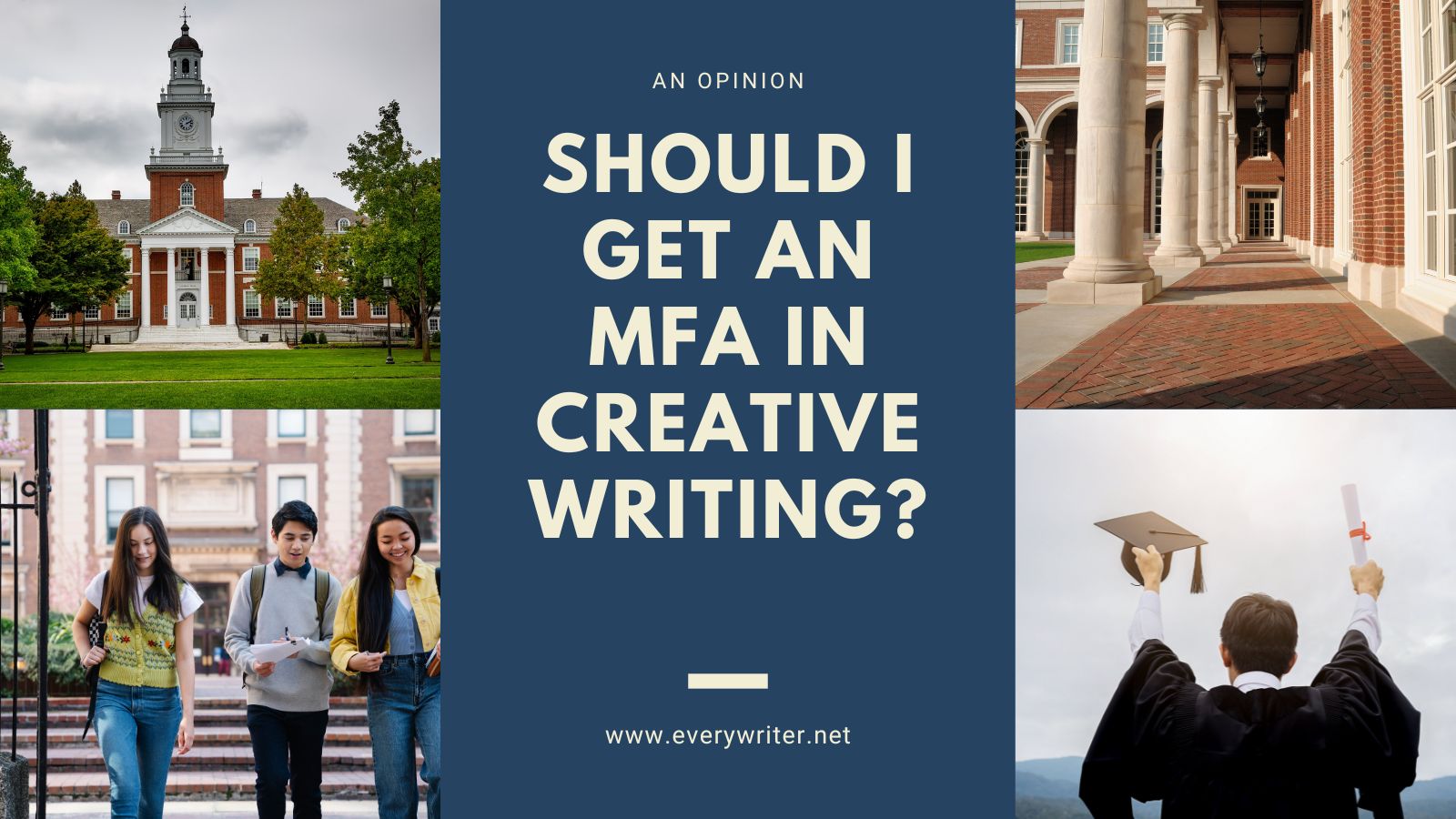
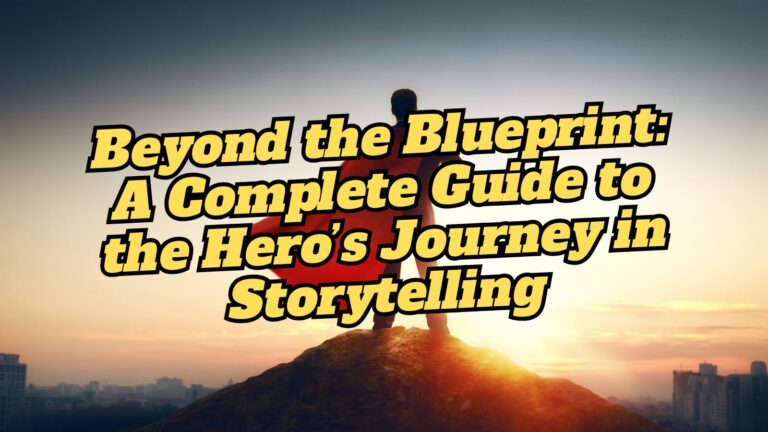
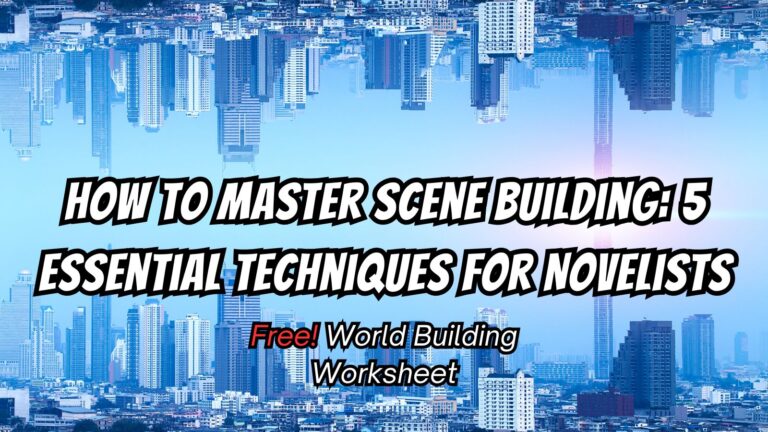
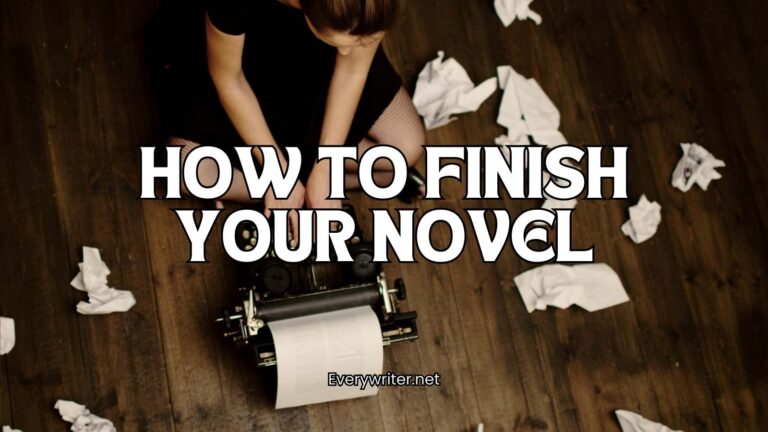
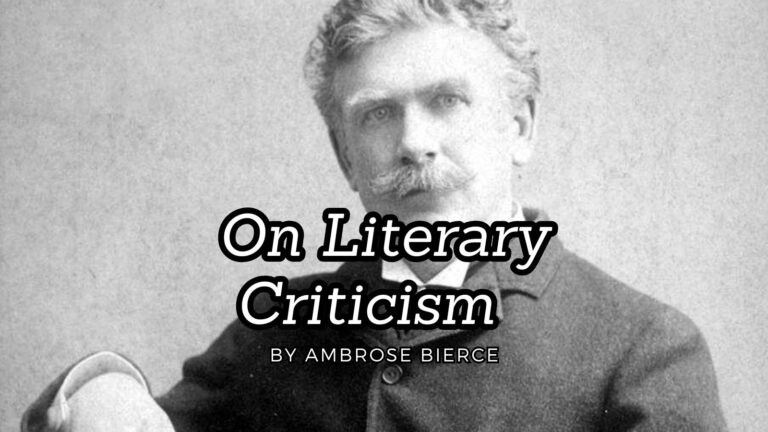
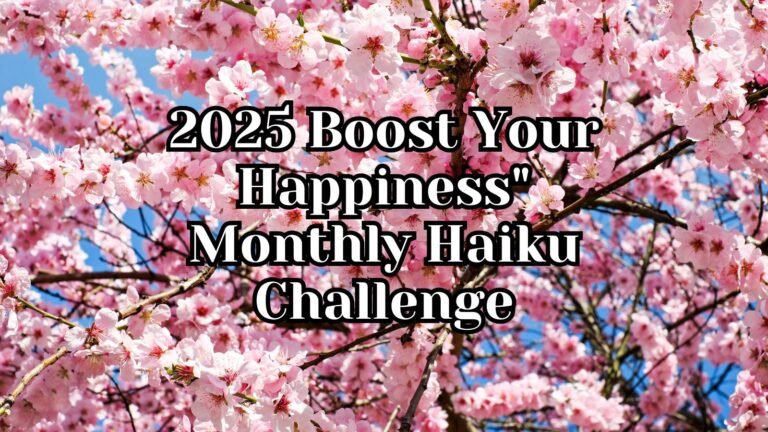
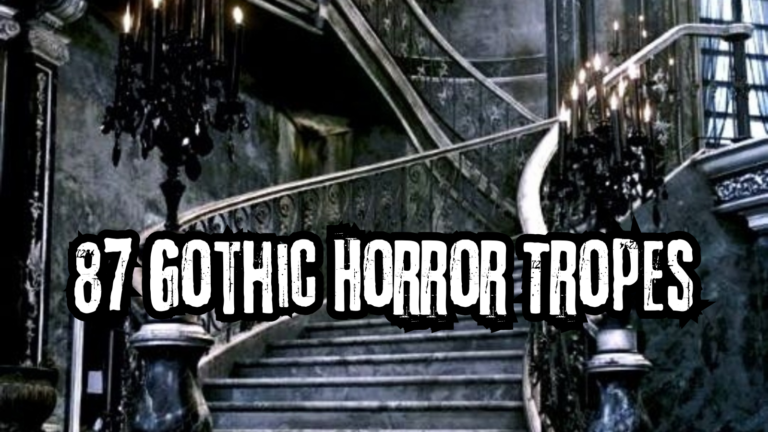
Still confused on whether to get an MFA.
I am Just as confused- I write mostly poetry- so do I benefit from getting a MFA or not-
After reading several different opinions on the value of earning an MFA in writing, I have concluded one really needs to determine motivation. I think those motivated by intrinsic rewards will gain the most value from this type of degree.
What do I do? I think an MFA would be a great way to meet other writers and intellectuals, to refine and challenge my writing, and to have meaningful discussions on books, essays, and more. I’m a philosophy and politics undergraduate, as I love debating and discussing both theoretical works and real-world problems. I am not in school to become a millionaire, but I also know that I need to be practical. I literally have no idea what I want to do, but I think the MFA in writing might be a worthwhile opportunity, especially since many can be worked around jobs. Maybe I can get funding, but if not, is it a worthwhile opportunity?
RUN as fast as you can from these MFA programs. There are no jobs with this degree. IF it is not FREE to obtain the MFA, do you want to spend years paying off debt for a degree that provides no job opportunities. My son did just that. Now he is filled with regrets. It is NOT a worthwhile opportunity. It is not an opportunity for anything except postponement to the real world. Earn a degree that will get you job offers and pay your bills!
William Faulkner, John Steinbeck, Jack Kerouac, just to name a few writers who did not have an undergraduate degree let alone an MFA
Unemployed english major here. Taking business classes right now, hopefully get into mba and business world so i can affored things i want. With the economy like it is, better off waiting until you are 60 to write, it is hopeless. Business is dull, but think of all the interesting things you can do with a financial foundation. No good evidence in this article to get an mfa. Id rather go and study books because at least its analysis.
I want to make it clear that I’m not trying to point our reasons to get an MFA in this article. I’m simply letting writers know the possible benefits of this degree. It makes me happy to see the comments on this article. When I wrote it, the one thing I wanted people to do most was really think out if an MFA degree is right for them. They should know the risks, but I believe it’s attached a lot to the ends.
So if you get an MFA, and the time you spend give you all the time and support you need to write a great book, you do, and then become a successful writer, would you regret your MFA?
On the other hand, if you never writer or publish a book, never become successful, then yes, I think you would regret the money you spent. That’s how it is with any degree though. If I train to be a rocket scientist but then become a plumber, do I get mad at myself for wasting money?
MFAs ARE a stepping stone to jobs, but they are jobs in teaching. For instance, many many poets cannot make a living off their writing…poetry just isn’t that popular, so the MFA moves them to a PHD track, that gets them a job teaching while they write. It’s just one example.
I do not push for or against MFAs.
More to think about:
I looked these up quickly, but you can do more extensive research if you like. Pulitzer Prize winners for the last 5ish years:
Fiction
2016 Viet Thanh Nguyen PHD English
2015 Anthony Doerr MFA
2014 Donna Tartt MA English
2013 Adam Johnson MFA
2012 no award
2011 Jennifer Egan MA English
2010 Paul Harding MFA
Poetry
2016 Peter Balakain BA/MA/Phd (BA, MA English I think!)
2015 Gregory Purdlo MFA
2014 Vijay Seshadri (? Teaches MFA)
2013 Sharon Olds PHD English
2012 Tracy K. Smith MFA
2011 Kay Ryan BA, MA English
2010 Rae Armantrout MFA
Did this very quickly…on the fly…please forgive and POINT OUT TYPOS.
Every Writer,
Donna Tartt did not get an MA in English.
I think you should try.